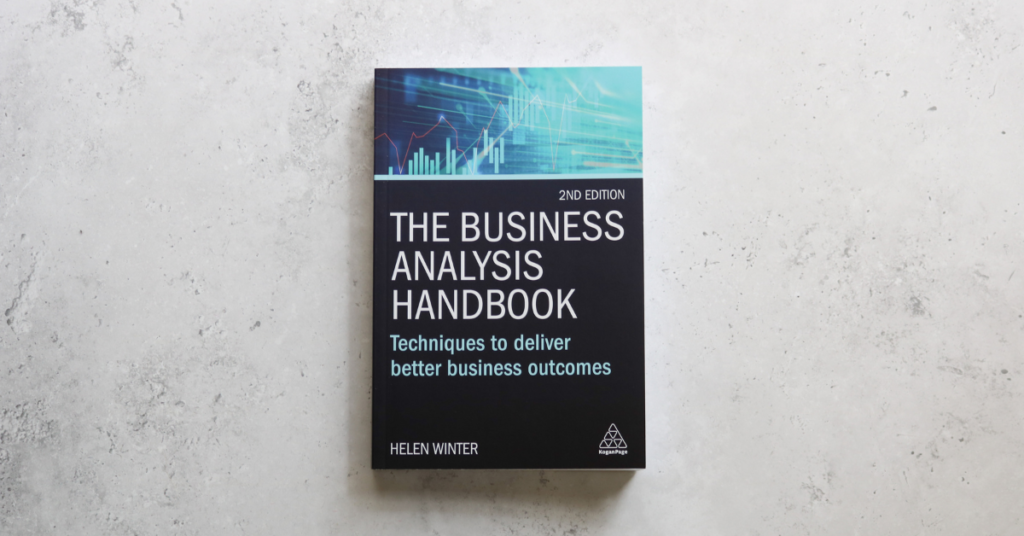
Introduction
Business planning involves setting goals for a company and determining strategies to achieve them. Crucially, it guides the organization towards growth and success with a clear plan. In this process, key individuals such as company executives, department heads, and sometimes external consultants are pivotal. They work together to shape the company’s direction, manage resources, and establish deadlines for goals. This collaborative approach ensures everyone focuses on shared objectives and understands their role in the company’s future.
Strategies
Outcomes
As a result of this planning, a strategic roadmap is created, leading the company towards its goals. This roadmap provides a detailed action plan, specifying tasks, responsible parties, and timelines. Importantly, it facilitates effective resource allocation, progress tracking, and smart decision-making. Ultimately, this leads to enhanced company performance, better risk management, and a higher likelihood of success. However, challenges are inevitable in this process.
Challenges
Companies face several hurdles in business planning:
- It requires accurate forecasting,
- Also, understanding complex market conditions,
- And, aligning various departments towards common goals,
- Moreover, uncertainties in the business environment,
- As well as changes in customer preferences, and
- Additionally, internal challenges like limited resources or conflicting priorities.
Furthermore, keeping up with technological advancements and competitive pressures adds complexity to the planning process. Therefore, effective business planning demands both flexibility to adapt to changing circumstances and a clear strategic vision. Hence, companies need a robust business planning process to overcome these challenges. Subsequently, the next section describes this.
The business planning process
During my experience, I have been involved with business planning across consultancies, insurance companies, utilities, and charities. Thus, I have summarized 10 points that are consistent across all industries which will help with improving the business planning process.
Planning Process
Include regular monthly and quarterly sessions, not just yearly ones. Start with a structured, timed planning routine. Then, have a centralized planning process led by dedicated leaders for consistency.
Organizational Clarity and Communication
Ensure transparent communication of plans and goals. Initially, define ownership and steps in planning processes. Then, maintain visibility of team activities, and establish clear criteria for project completion. Lastly, utilize a few strategic KPIs, ensuring alignment with organizational goals and cascading them for broad application.
Strategic Vision and Goal Alignment
Importantly, align team, project, and individual goals with the organization’s overarching strategy and objectives. Also, ensure a universal understanding of the strategic vision. This includes emphasizing clear, simple, and concise goals. Additionally, make organizational goals transparent, showing how each team’s work contributes to these objectives.
Resource Management and Empowerment
Firstly, implement effective resource planning, potentially using a pool of technical specialists for flexibility. Subsequently, empower individuals with autonomy in their work, promoting accountability and ownership. Lastly, draw upon the long-term planning expertise of international and corporate staff to refine planning approaches.
Feedback and Continuous Improvement
Consistently, maintain open feedback channels across hierarchical levels. Focus on the continual refinement of business planning processes, adapting to growth and changing resource needs.
Employee Engagement and Satisfaction
Crucially, cultivate a work environment where employees feel valued, engaged, and integral to the planning process. This approach enhances accountability and work efficiency. Continuously engage with key stakeholders, adapting to their evolving needs for detailed planning.
Long-Term Planning and Impact Assessment
Firstly, develop a 3, 5, or 10-year plan. Regularly, compare goals with achievements and adjust as necessary. Also, assess the impact of activities in various domains. Create a visual guide to align daily operations with the long-term strategic goals, providing clarity for all employees.
Adaptability in Change
Simplify the process for modifying business plans. Provide templates and examples to guide planning. Embrace a comfortable level of vagueness in plans to allow for flexibility. Adopt flexible business planning frameworks to allow for progressive development and responsiveness to opportunities.
Streamline Reporting and Decision Making
Standardize reporting mechanisms and clarify decision-making processes to enhance organizational efficiency. Align business planning with risk reporting to improve project and program oversight.
Commit to Continuous Improvement and Analysis
Regularly review processes and conduct comprehensive situational analyses to stay competitive and adaptable.
Conclusion: Transforming Business Planning for Future Success
These recommendations are a guide for businesses to improve how they plan for the future. They focus on aligning strategies with goals, clear communication, and being able to change plans as needed. Businesses should use a mix of big-picture and detailed planning, be ready to adapt, and have clear goals. Regular updates to plans and being ready for risks are important. This approach helps businesses grow and be ready to handle future changes effectively.
Thoughts? Questions? Please share in the comments.
If you have found this article useful then you might like my book – The Business Analysis Handbook 2nd Edition – Techniques and Questions for better Business Outcomes. The book is available from www.koganpage.com and all major print and e-book retailers.

